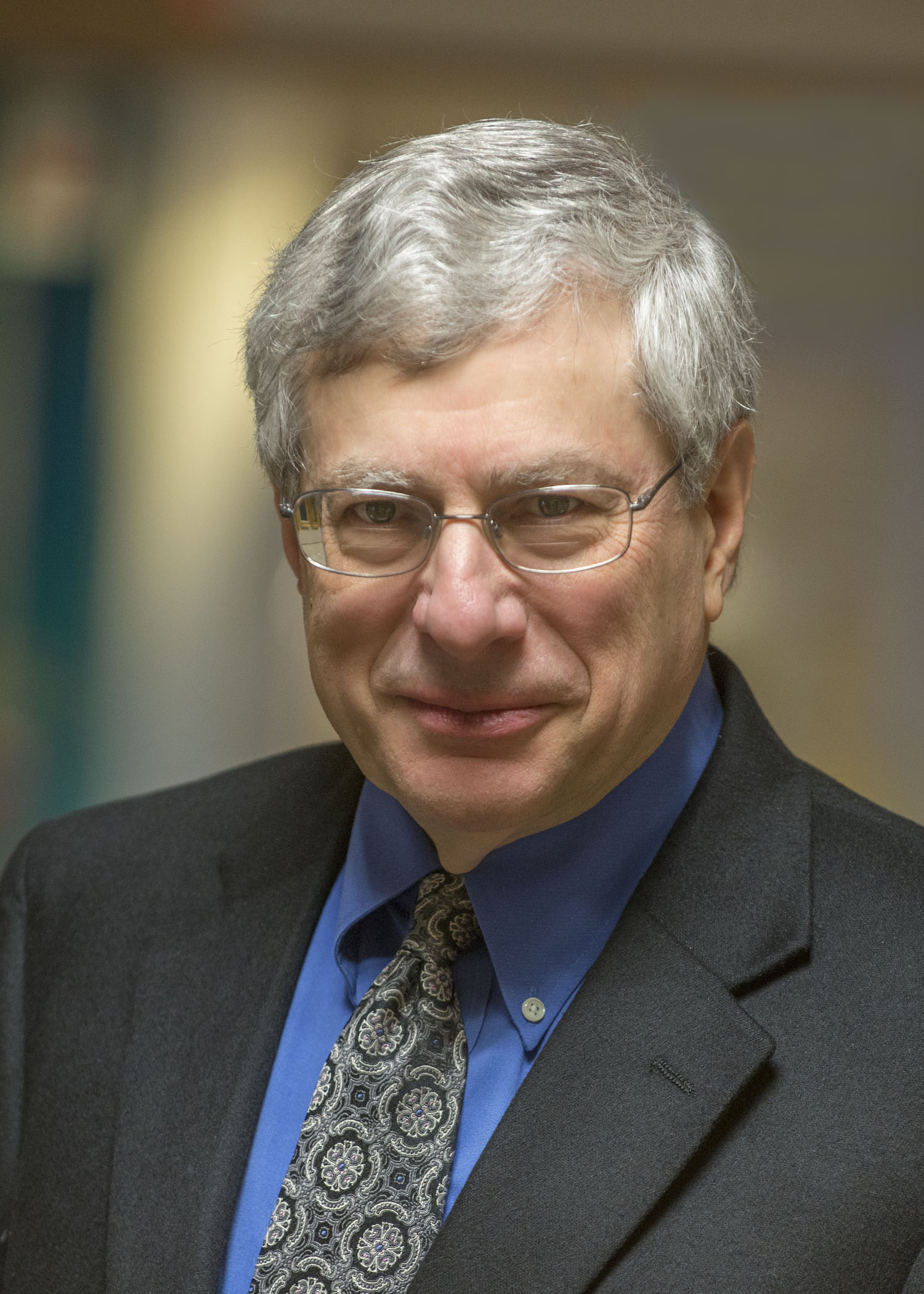 |
July 6, 2021
Like many of us during the pandemic, Dr. Benjamin Liptzin found himself pondering his legacy and thinking about what matters most. He keeps coming back to the residency program he created from scratch during his 25-year tenure as chair of the Department of Psychiatry at Baystate Health.
The residency program trains the next generation of psychiatrists and ensures high standards of research, education and clinical practice to advance knowledge and bring the best in treatment and mental health services to patients.
While Dr. Liptzin and his late wife Sharon made many gifts over the years to Baystate Health Foundation to support the recruitment and retention of top psychiatry talent, his most recent gift is especially meaningful.
“For those of us who are getting older,” Dr. Liptzin shared with a laugh, “we think about our legacy. Baystate was an important part of my life. Together with my outstanding colleagues, we touched so many lives and made a difference for so many individuals and families in the community.”
Dr. Liptzin’s most recent gift came about as he “was thinking about what I wanted to do to further that legacy. It has given my life great purpose to give back for the greater good.”
A newlywed again after the loss of Sharon to Alzheimer’s disease, Dr. Liptzin was inspired to do something more and made a generous gift to establish the Benjamin Liptzin, MD Endowed Fund for Psychiatry, providing a vital and permanent source of revenue.
A career geared toward making an impact
The youngest of three children, Dr. Liptzin was born in the Bronx and attended the prestigious Bronx High School of Science. He caught the bug for psychiatry from his older brother and went on to earn a degree in developmental psychology at Yale College.
 |
During medical school at the University of Rochester he did an elective at Kaiser Permanente in Oakland and was exposed to one of the first electronic medical records in the country. After a psychiatry residency at the University of Virginia, he joined the US Public Health Service. At the National Institute of Mental Health (NIMH) he worked on issues affecting Medicare and other public policy issues including health manpower.
In 1978 he joined the staff at McLean Hospital and developed a state-of-the art Geriatric Psychiatry Unit, as well as one of the first geriatric psychiatry fellowships in the country funded by NIMH.
“The field of psychiatry has come a long way” says Dr. Liptzin, who notes that when he arrived at McLean Hospital he cared for a patient who’d been there for 60 years. “There was great stigma associated with mental illness and many patients were warehoused in mental hospitals. Today there are many more treatments and resources available and patients can live normal lives in the community.”
A pioneer in establishing the subspecialty of geriatric psychiatry, Dr. Liptzin has contributed influential papers on delirium and health services research, and won numerous awards, including the Jack Weinberg Memorial Award for Geriatric Psychiatry from the American Psychiatric Association (APA). He has held prominent positions in APA, the American Association for Geriatric Psychiatry, the International Psycho-geriatric Association, and the Group for the Advancement of Psychiatry, and served as professor and deputy chair of Tufts University Department of Psychiatry.
Dr. Liptzin remains proud of the advocacy work he did for people with mental illness, making many trips to Washington, DC, to help educate lawmakers, inform public policy and help ensure adequate funding for psychiatric research, education and patient care, especially for the elderly.
Furthering a Legacy
Dr. Liptzin remains incredibly proud of his colleagues, many of whom he recruited, who served as practitioners and faculty members to help psychiatric residents excel.
“The academic mission supports patient care by recruiting the best faculty, staff, and residents, who will be developing and providing cutting-edge treatments that can make a difference in people’s lives,” Dr. Liptzin shared. “We want to make Baystate Health this special place where they want to come. This benefits patients and the community.”
Barry D. Sarvet, MD, who followed Dr. Liptzin as chair of Psychiatry at Baystate Health, expressed his gratitude: “The sustaining income from this endowment will support the mission of our department and strengthen our clinical and academic programs. Ben has already endowed us with ‘gifts that keep on giving’ from his many achievements and skillful leadership for the department. The impact of his leadership continues to be felt here every day.”
Dr. Liptzin hopes others will step up to join in the important effort to support mental health services in our region. “Having served on the Baystate Health Foundation board in its early days, I know how much philanthropic gifts mean to Baystate Health, and how much joy giving back can bring.”
Have you considered joining with others in our community to make a beneficiary designation gift, or to include a gift in your will or trust to Baystate Health Foundation to support your favorite hospital or program? If so, please let us know. We would love to hear your story and say thank you for making an impact. Reach out to Kylie Johnson at 413-794-7789 or Kylie.Johnson@BaystateHealth.org.

